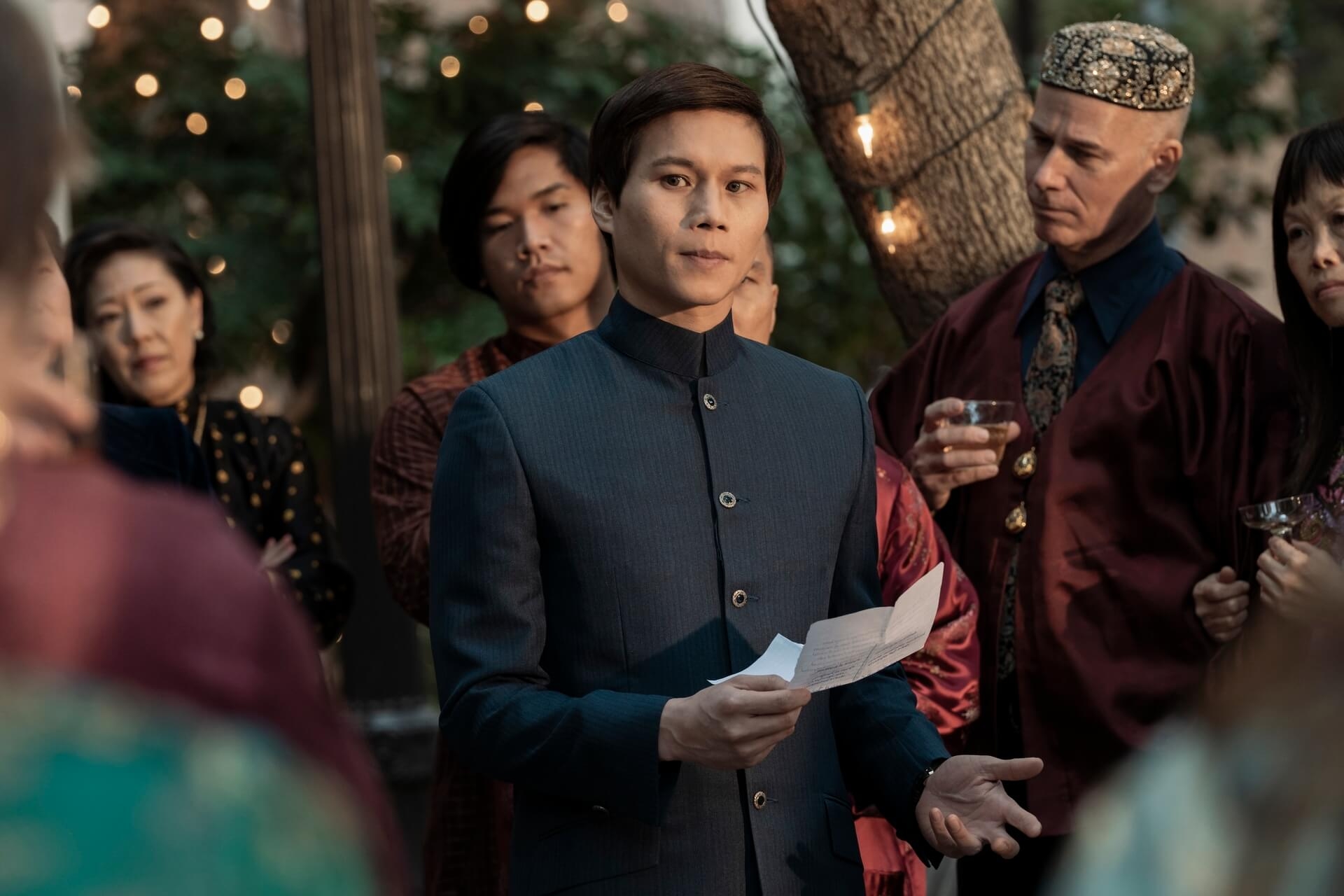Dear Reader:
Thanks for turning to this page. If you are a jazz fan, you know why you’re here, and I’m glad to have you. But what I’m writing this month is more specifically directed at the non-jazz fan, or any reader who happened to turn to this page just to continue reading everything in this fine newspaper. For you, well, I have some things to ask you and some to tell you.
What I want to ask is, do you ever hear jazz? I don’t mean that you make the decision to listen to a jazz album (if you have any) or tune into a radio station you know plays jazz, or search for something on a streaming service, or go to a show. Outside of the intention to do so, do you ever hear jazz just by accident, you’re doing something, anything, and it reaches your ears? Because what I’m interested in is what the tech/marketing/business people call “discovery” which is a cold abstraction that can apply to anything (how did you “discover” your toilet paper?) but here has to do with sound waves reaching your ears. The important distinction that the people trying to make money off of selling you music always miss is that they’re selling you something that you “discover” everyday, sound waves touching the one orifice on your body that you can’t close.
Anytime you’re near any kind of speaker, from a mobile phone to a television to a car stereo, you’re within reach of those waves. How many of them are jazz? The percentage is probably tiny. There are 330,000,000 people in the United States, and if a jazz musician puts out a new album that sells 3,000 copies (0.0009% of the population), that will be a best-seller in the genre. The last hit jazz album in the sense of pop-record level sales certified gold or platinum (500,000/1,000,000 copies sold) in the US was Heavy Weather from Weather Report, released in 1977 (Herbie Hancock’s Future Shock sold more than a million copies, but it’s outside of jazz).
I don’t know how to empirically measure jazz’s general popularity, but from an anecdotal standpoint I’m certain that it’s less popular than it was fifty years ago. Future Shock was maybe the last time when you could hear a jazz musician on Top-40 radio. Decline in popularity should statistically correlate with the chance of hearing the music, without intention. So, do you ever hear it?
There’s times I know you do, and I’m very interested in those, socially and intellectually. Did you watch The Sympathizer on HBO/Max? There were a couple instances of jazz that made me sit up and take notice: in episode 2, at the party Professor Robert Hammer is throwing, the scene opens with Charles Mingus’ “Slop” playing on the stereo and the prominent display of the Mingus Dynasty album cover; in episode 6, at a climactic violet moment, The Captain turns on the radio in an apartment and dials into a station where they’re playing Ornette Coleman’s “The Jungle is a Skyscraper” from his Science Fiction album.
From my inside view, I’m curious about the choices, and I feel a little cynical about them. Both of these albums are on Columbia, which is owned by Sony. Was there some connection to licensing/product placement for these that made business sense for A24 and Rhombus, which produced the series? What does the music say about the scenes and characters, especially because it’s diegetic? Hammer is a self-absorbed intellectual and cultural snob, so Mingus makes sense for him to use as a signifier of his taste, although it’s strange that he’s using an album that was fifteen or so years old at the time and not something more recent like Let My Children Hear Music or the Changes One and Changes Two albums—although those two are on Atlantic, so maybe it’s the licensing? (I hope you see what I did there, pointing you to other Mingus albums to check out if you dug what you heard in that scene.)
The Ornette track troubles me in a different way. The action in the scene is violent and chaotic, and it seems like the producers just grabbed what they considered to be chaotic music, which is an exceedingly shallow, clichéd, and materialistic way to hear the it when at its core it’s deeply bluesy and expressive. It’s so obvious that it rings hollow, it put me off the scene instead of bringing me into it. And though it’s possible, it strikes me that even in the mid-1970s, just a few years after this album’s release, a radio station in Los Angeles would be playing it on the air one afternoon. Yeah, call me cynical—but check out the album! It comes before Ornette formed Prime Time but anticipates some of the electric funk action, and has a focus on bringing out startling beauty in even the most frustrating and daunting psychological circumstances. It’s Ornette at his wildest and most reaching.
We’re many, many decades from when jazz was used in movies and television to show some kind of hip, outsider stance or situation. The best use of it recently was the fragment of Rahsaan Roland Kirk’s “The Inflated Tear” that runs as an announcement of emotional conflict and tragedy in Judas and the Black Messiah (the album on Atlantic is The Inflated Tear, and if the music grabbed you in the movie the full record is going to blow your mind).
Does anyone play jazz in their cars? Probably, but not blasting it to the world like drivers with pop sensibilities like to. Although there’s a dude who I sometimes see when I’m in NoHo/East Village on warm, sunny days, who drives around in a vintage Mercedes convertible sporting a stylish hat and playing Miles Davis at substantial volume, and that’s a good way to live.
There’s always a handful of bars and restaurants that play jazz for your drinking and dining mood—this is many years ago, but there was a fine restaurant in San Francisco where I had a business lunch, and they were playing Herbie Nichols of all people—not Monk, Herbie Nichols! (And if you enjoy Thelonious Monk, check out Herbie Nichols, you’ll enjoy him too.)
The best place I know of in New York City to hear jazz in public is going to surprise you: it’s the Union Market supermarkets. The one on Court Street in Cobble Hill is my local, and there’s locations in Park Slope, Crown Heights, and the Lower East Side. They play jazz over the store PA, and by jazz, I mean jazz! Not jazzy hits—I’ve never heard “It’s a Wonderful World”—but the core classics: be-bop from Charlie Parker, including Charlie Parker with Strings; Birth of the Cool and classic hard-bop from Miles Davis; modal jazz from John Coltrane; Dexter Gordon; Herbie Hancock, both acoustic and electric; Weather Report; Ellington; Monk; Mingus. Although the selections are narrow, it’s a stronger jazz radio station than WBGO, which often seems like it’s desperate not to startle or offend the casual listener. And this is nothing but casual listeners, people doing their shopping!
How this came about, and who made this decision, I have no idea. I’ve sent in questions via the business’ web site, but there’s been no answers. And as much as I wish there was a playlist on their site, zilch to that. So, casual and possibly jazz curious reader, if you happen to have any interest in the music and need to do some grocery shopping in Brooklyn, you know where to go.
Until next month,
-GG
Author
-

George Grella wrote the book on Miles Davis’ Bitches Brew. He write other stuff too. killyridols.substack.com/
View all posts
George Grella wrote the book on Miles Davis’ Bitches Brew. He write other stuff too. killyridols.substack.com/










